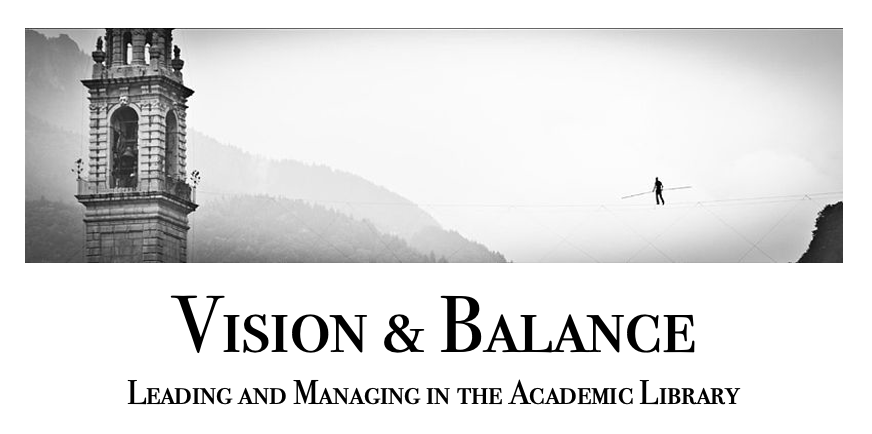In recent years, as social and political issues have become increasingly fraught and there has been more and more division and conflict both in our society and on the campuses that academic libraries serve, there has been increasing controversy over the issue of library neutrality. One on side are those who believe the library is (or should be) “never neutral,” and who argue that the library profession’s values necessitate taking a stand on social issues; on the other side are those who believe that neutrality on political and social issues is, itself, an essential library value that preserves our ability to serve all patrons equally in a pluralistic society.
Caught between are people (like me, for example) who worry that the concept of “neutrality” has become a political football, too often oversimplified and wielded to score points against ideological opponents, and too rarely considered and applied in a careful and critical way. Left behind in the rubble of this cultural conflict are the patrons who are directly impacted by the library’s choices and policies regarding neutrality.
This post is for paying subscribers only
Actually, the Library Is Often Neutral
The question is: in what ways _must_ your library be neutral, and in what ways must it not be? (And how much ideological diversity will your organization tolerate?)
